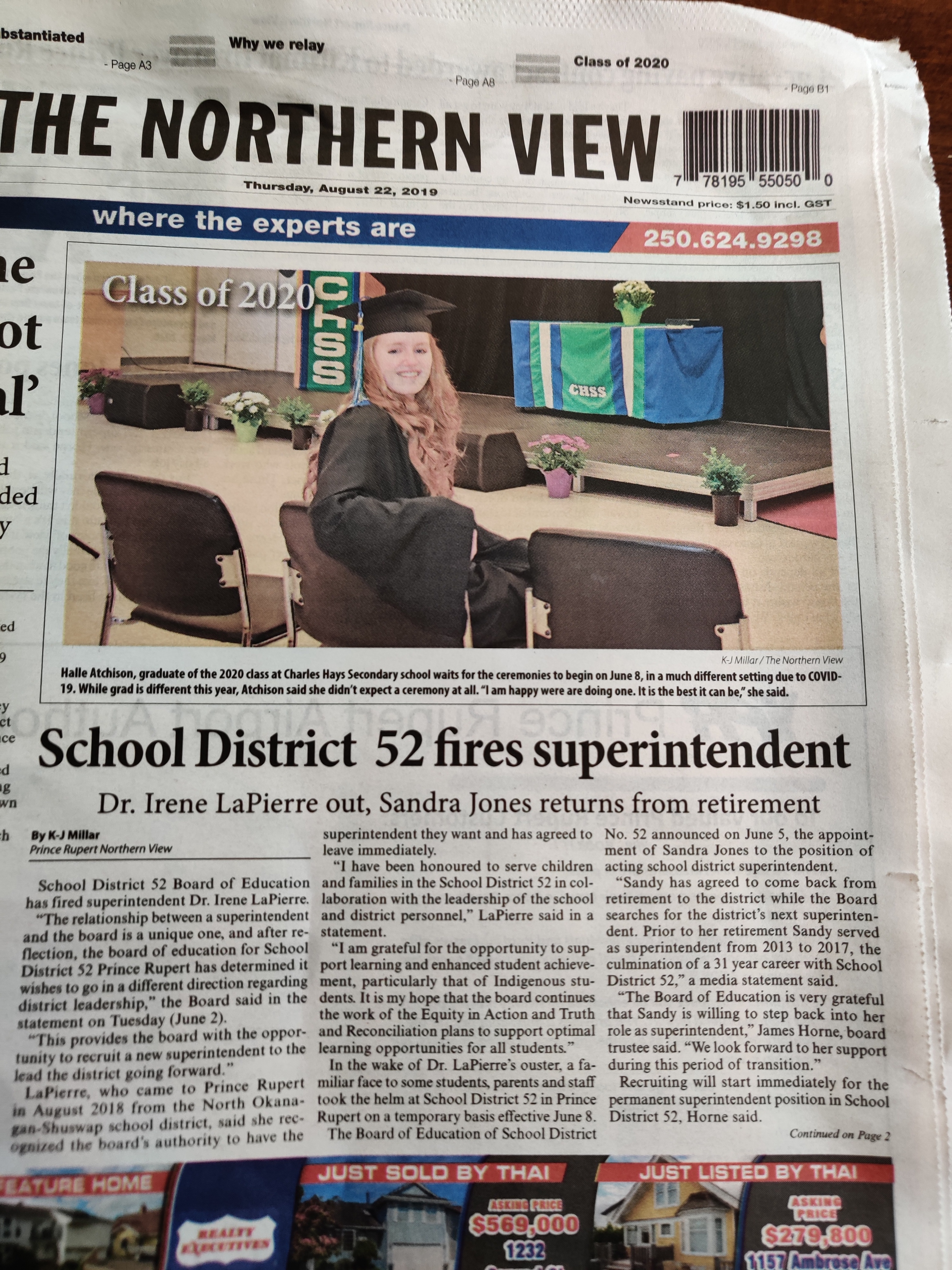Ran into a former colleague last week. After some pleasantries he asked: was I having a sense of déjà vu all over again?
He elaborated referring to the School District’s approach to raise literacy levels and subsequently graduation rates:
Where does déjà vu come in? Scuttlebutt has it that most if not all of the ‘fixes’ the district is re-introducing in literacy have been tried before with little success and some frustration. They do not adequately meet the complex needs of our students. (That’s not to say they don’t work elsewhere –maybe the do).
In many ways the ‘fixes’ tried previously are fairly appropriate to support reading comprehension. It’s the narrow focus on comprehension that is the problem.
If students are not thoroughly taught the: mechanics of encoding (an understanding sound and the sound-symbol relationship); decoding (making sense of the letters and letter groupings on the page to generate words) along with a healthy dose of vocabulary then understanding (comprehension) will be limited.
In other words: has the District concentrated on only one third of the problem with inadequate attention to the other two thirds.
Learning to read is a very complex business. If we don’t provide students with all the necessary tools are we failing them.
The problem isn’t unique to our school district and it is addressed in a New York Times editorial:
https://www.nytimes.com/2018/10/26/opinion/sunday/phonics-teaching-reading-wrong-way.html
The author, Emily Manford, also has an excellent audio documentary that elaborates the opinion piece. Well worth the listen
Here’s a link:
https://www.apmreports.org/story/2018/09/10/hard-words-why-american-kids-arent-being-taught-to-read
Bottom line: there’s a great deal of recent scientific research that should be applied to helping children read – the social, academic, economic and intellectual payoff is huge.
Is it time for a more scientific approach to teaching reading de-emphasizing some of the philosophy that has guided literacy instruction for the last two to three decades. The world has changed incredibly in the last thirty years. Is it time to catch up?
Repeating the same techniques and expecting different results sounds almost like Einstein’s purported definition of insanity.
Can we really afford to move forward unquestioningly as a community accepting low reading scores and less than satisfactory graduation rates?


